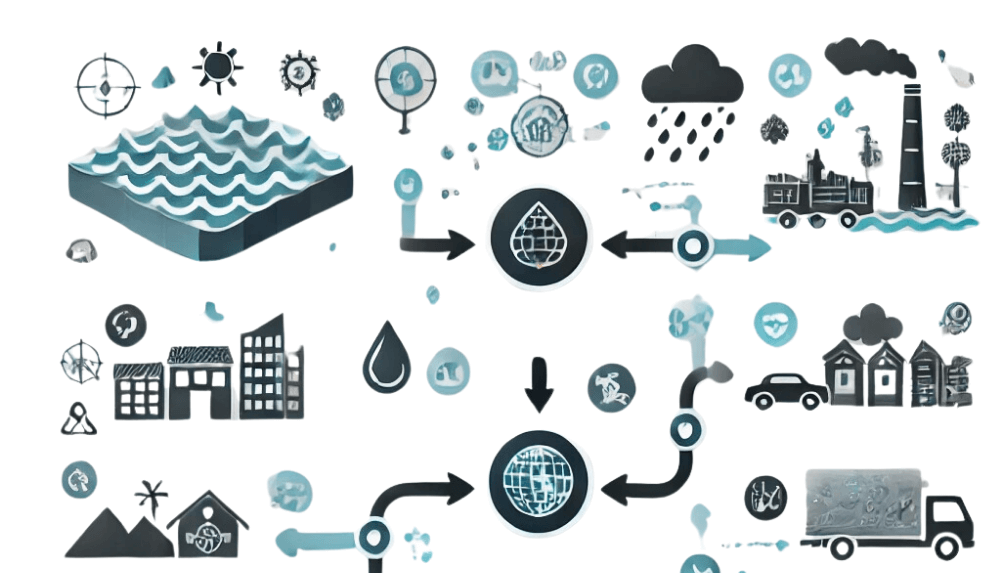The Corporate Sustainability Reporting Directive (CSRD) is a new European directive on non-financial reporting that came into force in 2024. This directive substantially expands corporate transparency requirements on sustainability, covering environmental, social and governance (ESG) aspects. Companies will have to report regularly on how their activities affect the environment and society, and what risks and opportunities arise from social and environmental issues. The Corporate Sustainability Reporting Directive (CSRD) has replaced the original Non-Financial Reporting Directive (NFRD). Reporting must now comply with the CSRD and the EU Taxonomy, but also with other international standards such as GRI (Global Reporting Initiative), ISO, and the GHG Protocol. Non-financial reporting will cover all areas of ESG, including positive growth of the company as well as negative impacts on the environment and society. This approach emphasizes the concept of dual materiality, which requires disclosure of both the internal impacts on the company and the external impacts of the company on the surrounding environment.
Who is affected by CSRD?
The timeframe for non-financial ESG reporting began in 2017 with the NFRD, which applied to large banks, insurance companies and listed companies with more than 500 employees (in the Czech Republic, this represented approximately 15 companies). From 2024, when the CSRD Directive came into force (the first reports will be published in 2025), listed large companies with more than 500 employees, such as Škoda Auto, ČEZ, Kofola, Správa železnic, Tesco and Albert, as well as public interest companies, i.e. banks and financial institutions, will have to report non-financial information. In 2025 (with reports published in 2026), the obligation will be extended to all large companies that meet at least two of the three criteria: more than 250 employees, a turnover of more than €40 million (approximately CZK 1 billion) or assets exceeding €20 million (approximately CZK 500 million). This change will directly affect around 1,000 businesses in the Czech Republic. In 2026 (with publication in 2027) reporting will also be mandatory for listed SMEs, with a possible exemption for two years. From 2028 (with publication in 2029), the reporting obligation will be extended to non-European groups that have subsidiaries or branches in the EU and conduct significant business here, such as Google. It is recommended that companies start preparations as soon as possible as data collection and process set-up can take several months to several years.
The CSRD implementation process:
From 1 January 2024, the first firms, particularly large entities with more than 500 employees or the parent companies of large groups of firms, must start reporting non-financial information.
From 1 January 2025, the reporting obligation will be extended to other large companies that meet at least two of the following criteria: more than 250 employees, a turnover of more than €40 million or total assets of more than €20 million.
From 1 January 2026, listed SMEs and simpler institutions such as captive insurance companies will also have to report.
From 1 January 2028, third country companies that have subsidiaries or branches in the EU are also required to report.
Benefits of the CSRD:
- Easier access to capital: Banks will require a guarantee that their capital will be used in accordance with sustainable development principles, which may make it easier for companies to obtain financing.
- Faster company growth: Non-financial reporting opens up new opportunities and makes firms more attractive to potential partners and investors.
- Compliance with legislation: The Directive contributes to the EU’s 2050 climate neutrality targets and supports the European Green Deal.
- Prestige and branding: Transparency and commitment to sustainability can positively influence corporate reputation and increase employee engagement.
- The CSRD aims to harmonise non-financial reporting and ensure that companies publish relevant and verified information on the environmental and social impacts of their activities. Companies will be required to report according to the European Sustainability Reporting Standards (ESRS), which were approved in December 2023.




















